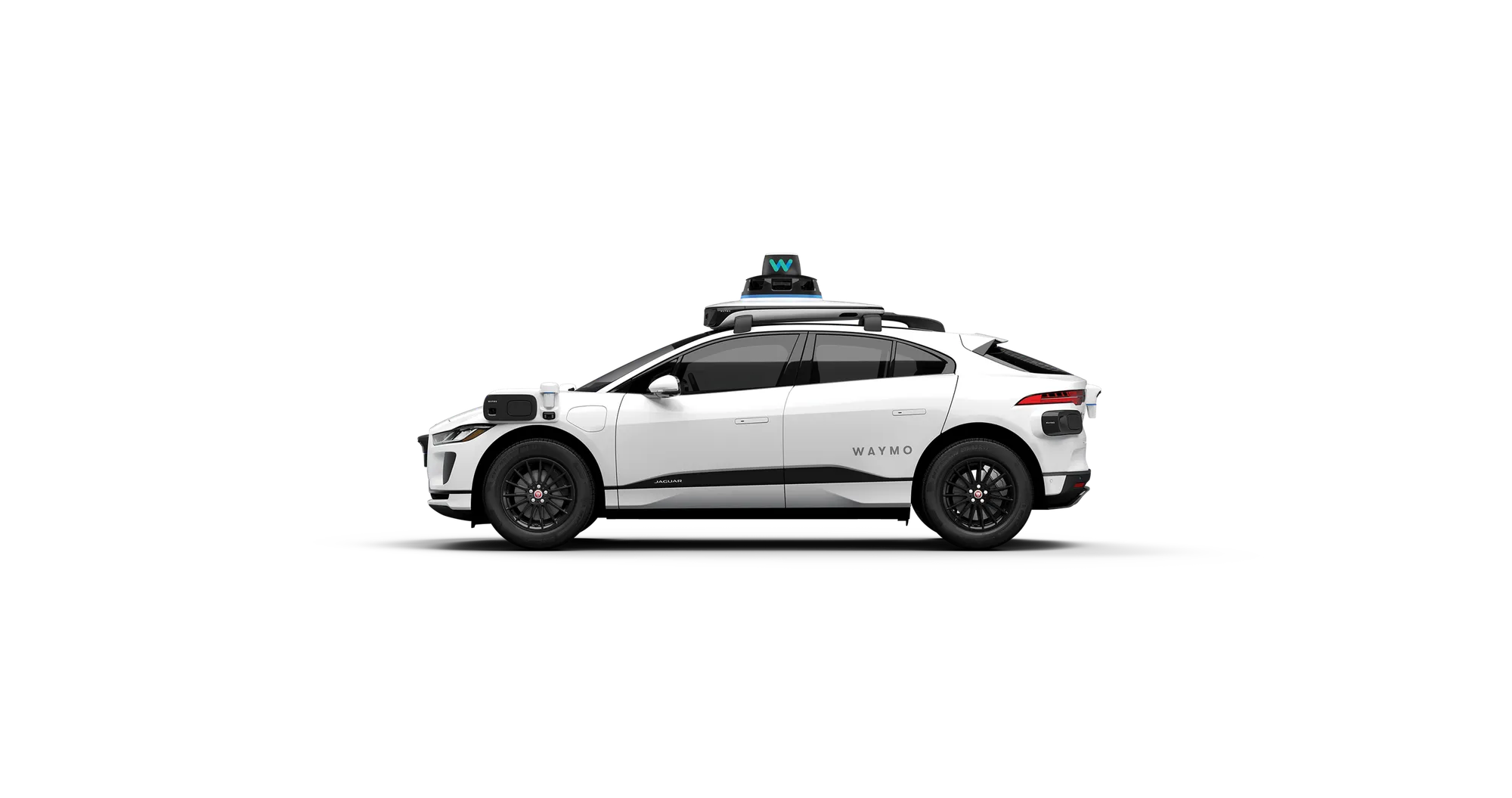Microsoft Holds the Keys to Your Encrypted Data. It Just Handed Them Over.
Microsoft hands encryption keys to FBI on request. Unlike Apple's zero-knowledge approach, BitLocker stores keys unencrypted in the cloud by default.
Explore Waymo's Robotaxis revolution in Silicon Valley. Get the latest updates on autonomous driving technology and its real-world applications.

Waymo just unleashed its self-driving cars on Silicon Valley. The company's robotaxis now operate 24/7 across a 27-square-mile zone including Mountain View, Palo Alto, Los Altos, and parts of Sunnyvale.
It's a homecoming of sorts. Waymo began here as Google's quirky self-driving experiment in 2009. Back then, founders Sergey Brin and Larry Page dared their engineers to complete ten 100-mile autonomous routes. Those engineers delivered, probably fueled by a mix of caffeine and Silicon Valley optimism.
The rollout starts small. Only select locals with the right zip codes can summon these driverless chariots. Meanwhile, Waymo keeps expanding elsewhere - they've already partnered with Uber in Austin and plan to hit Atlanta next.
Chief Product Officer Saswat Panigrahi calls it a "special milestone." That's a modest way of saying they've come full circle: from testing secretive prototypes in Google's backyard to letting residents actually sleep through their commute.
Why this matters:
Get the 5-minute Silicon Valley AI briefing, every weekday morning — free.